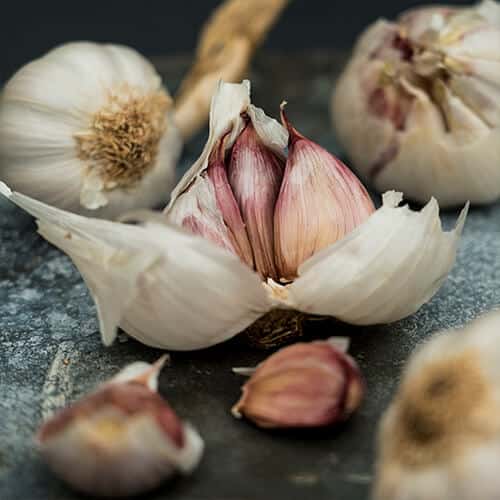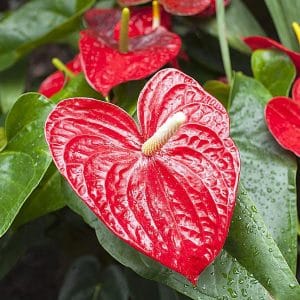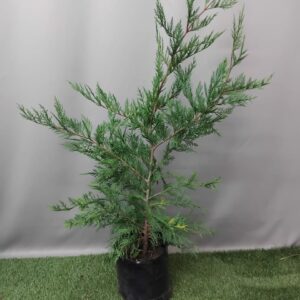Spotlight on garlic
Kitchen gardening

Late autumn to early winter is the ideal time to plant garlic. An essential element of cuisine across the globe, this wonder bulb also contains a host of immune-boosting properties and has been used as an antibiotic, to lower cholesterol and blood pressure and to reduce blood clotting. It’s a rich source of vitamin B and the perfect natural remedy for cold-weather ailments.
Description
-
Garlic belongs to the onion (allium) family, with close relatives including leeks, chives and shallots. The plant has long, grass-like leaves and if left to flower will produce pale white or pink blooms.
Planting guide
- Sow from seed or plant organic cloves (sprouted or unsprouted). Bear in mind supermarket garlic is usually sprayed and may be more difficult to grow.
- Don’t remove the thin papery sheath. You want to plant cloves with this intact.
- Carefully separate the cloves and plant them spaced a hand’s width apart, blunt side down, pointed/sprouted side facing up and about 5cm deep.
Light
- Plant in a sunny spot.
Water
- Water every 3–5 days or when the soil feels dry below the surface.
- Stop watering about a week before harvesting.
Soil
- Well-draining, composted soil.
Fertiliser
- When the leaves begin to grow, work a nitrogen-rich fertiliser into the soil.
Expert tips
- Garlic grows well with roses, cucumbers, lettuce, peas and celery.
- Mulch after planting and remove when the weather starts heating up again.
- Weed garlic beds regularly.
- Bulbs can be harvested when the leaves turn brown and start to die off. Allow the soil to dry out, then dig up the bulbs with a garden fork. Cure garlic by hanging them out to dry by their stems in a cool, well-ventilated area for 2–3 weeks.
- Bulbs left in the ground will resprout leaves that can be used as chives.




